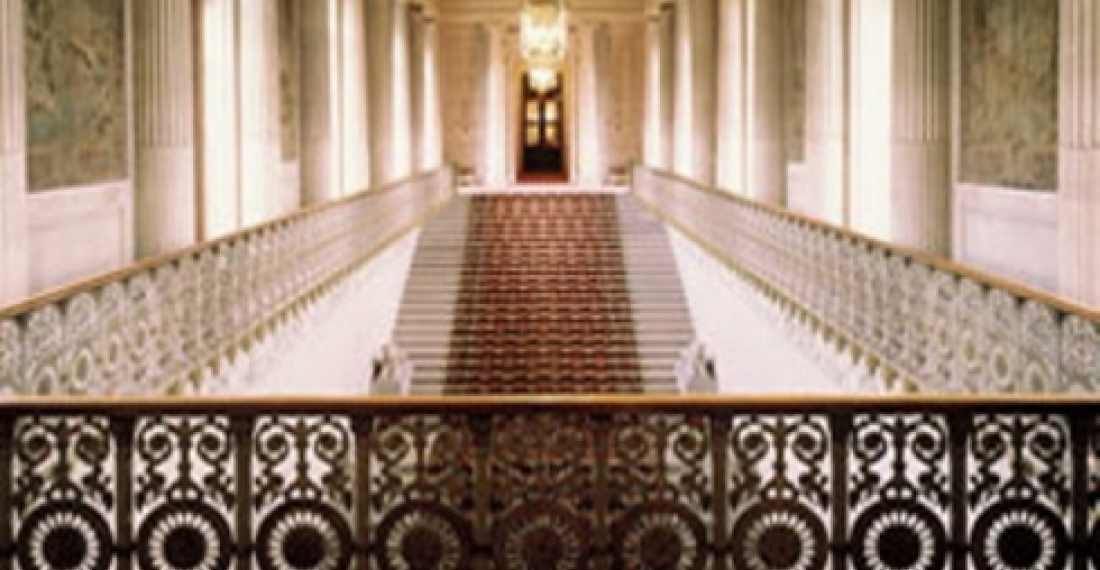Updated: Adds comments by Azerbaijani officials and politicians
The French Senate has approved a controversial bill that makes it a criminal offence to deny that genocide was committed by Ottoman Turks against Armenians during World War I.
Armenia says up to 1.5 million people died in 1915-16 as the Ottoman empire split. Turkey rejects the term genocide and says the number was much smaller.
The measure will now be sent to President Sarkozy for final approval.
The Senate approved the bill by 127 votes to 86.
In the first reaction from Ankara, Justice Minister Sadullah Ergin condemned the bill. "The decision made by the Senate is a great injustice and shows total lack of respect for Turkey," he told the CNN-Turk television channel.
Armenia described the vote as "historic". "This day will be written in gold not only in the history of friendship between the Armenian and French peoples, but also in the annals of the history of the protection of human rights worldwide," said Armenian Foreign Minister Edward Nalbandian, in a statement. "France re-affirmed its pivotal role as a genuine defender of universal human values. I would like once again to express our gratitude to the President of the French Republic, the Senate, the National Assembly, the Government and the friendly people of France,” the Armenian Foreign Minster stated.
There has been a sharp reaction to the decision of the French Senate in Azerbaijan. The decision was criticised by the Executive Secretary of the governing New Azerbaijan Party, Ali Akhmadov. Akhmadov question the continued role of France as co-Chair of the Minsk Group. He said "In this case, the most dignified way for France is for it to leave the mediation mission not shaming itself, because France lost its moral right to fulfill this mission. Azerbaijan almost doesn't trust in the Minsk Group. The known actions by France nullified the trust in this group which is losing confidence even without that. What can the citizens of Azerbaijan expect from the pro-Armenian co-chair?" he asked.
The Head of the Political Analysis and Information Department of the Azerbaijan Presidential Administration Elnur Aslanov in a comment said that "The decision of the French Senate to criminalize the denial of the so-called ‘Armenian genocide' goes contrary to the main principle of democracy and violates the natural human right for freedom of expression and thought."
source: commonspace.eu with the BBC, APA
photo: The ceremonial entrance to the French Senate at the Palais de Luxembourg in Paris (picture courtesy of the French Senate)







